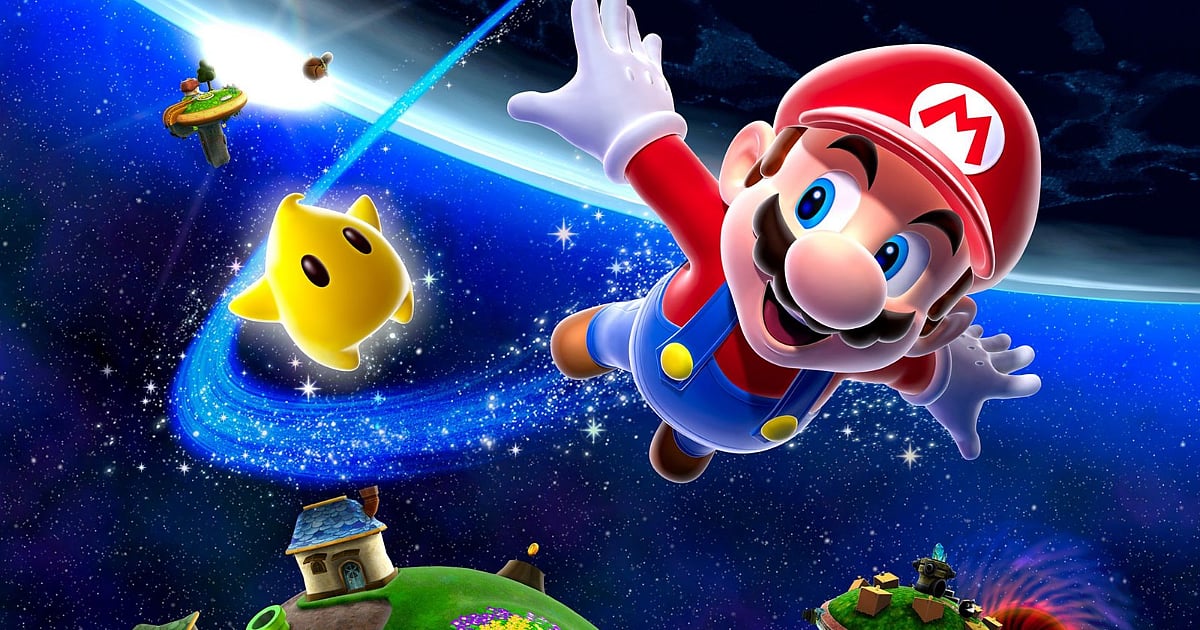Highlights
- Nintendo will acquire Bandai Namco Studios Singapore on Apr. 1, 2026, and rename it ‘Nintendo Studios Singapore.’
- The Singapore team has worked on Tekken, Ace Combat, and Soul Calibur, and even contributed art assets for Nintendo titles, including Splatoon.
- The acquisition expands Nintendo’s internal development network, following recent output from Nintendo Pictures and other subsidiaries.
Japanese multinational company Nintendo Co., Ltd. has announced plans to acquire Bandai Namco Studios Singapore Pte. Ltd. (BNSS), with the deal expected to close on Apr. 1, 2026, pending approval. The company will purchase 80% of the studio’s shares first and acquire the rest later. Once completed, the studio will be renamed ‘Nintendo Studios Singapore,’ and operate as a subsidiary.
Bandai Namco Studios Singapore, founded in 2013, worked on projects like Tekken 7 and 8, as well as Ace Combat 7: Skies Unknown and Soul Calibur 6. It has also previously contributed to Nintendo projects, including development work on the Splatoon series.
Nintendo says the team has “strong expertise in creating in-game art assets,” and will continue its current development operations. The company added that the acquisition will have “only a minor effect” on its fiscal-year results.
Nintendo Expands Internal Development Network With Singapore Acquisition
The move follows Nintendo’s broader strategy of bringing long-term partners into its internal structure. Last month, Nintendo Pictures drew attention after releasing two Pikmin videos, created by the studio that was acquired in 2022 and refocused on visual content using Nintendo properties.
Since then, Nintendo Pictures has supported titles such as Pikmin 4, Super Mario Bros. Wonder, Tears of the Kingdom, Super Mario RPG, and Another Code: Recollection.
Nintendo’s portfolio of subsidiaries already includes 1-Up Studio, Next Level Games, Nintendo Cube, Monolith Soft, and Retro Studios. Adding the Singapore team further increases the company’s capacity for art-heavy and large-scale projects.
By strengthening its internal pipeline with experienced support teams, Nintendo is preparing for future software development and growing demand for high-quality assets across its major franchises.

